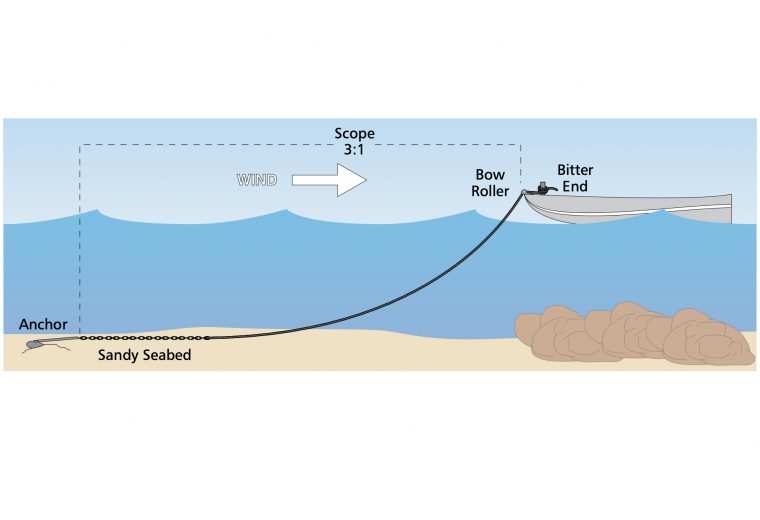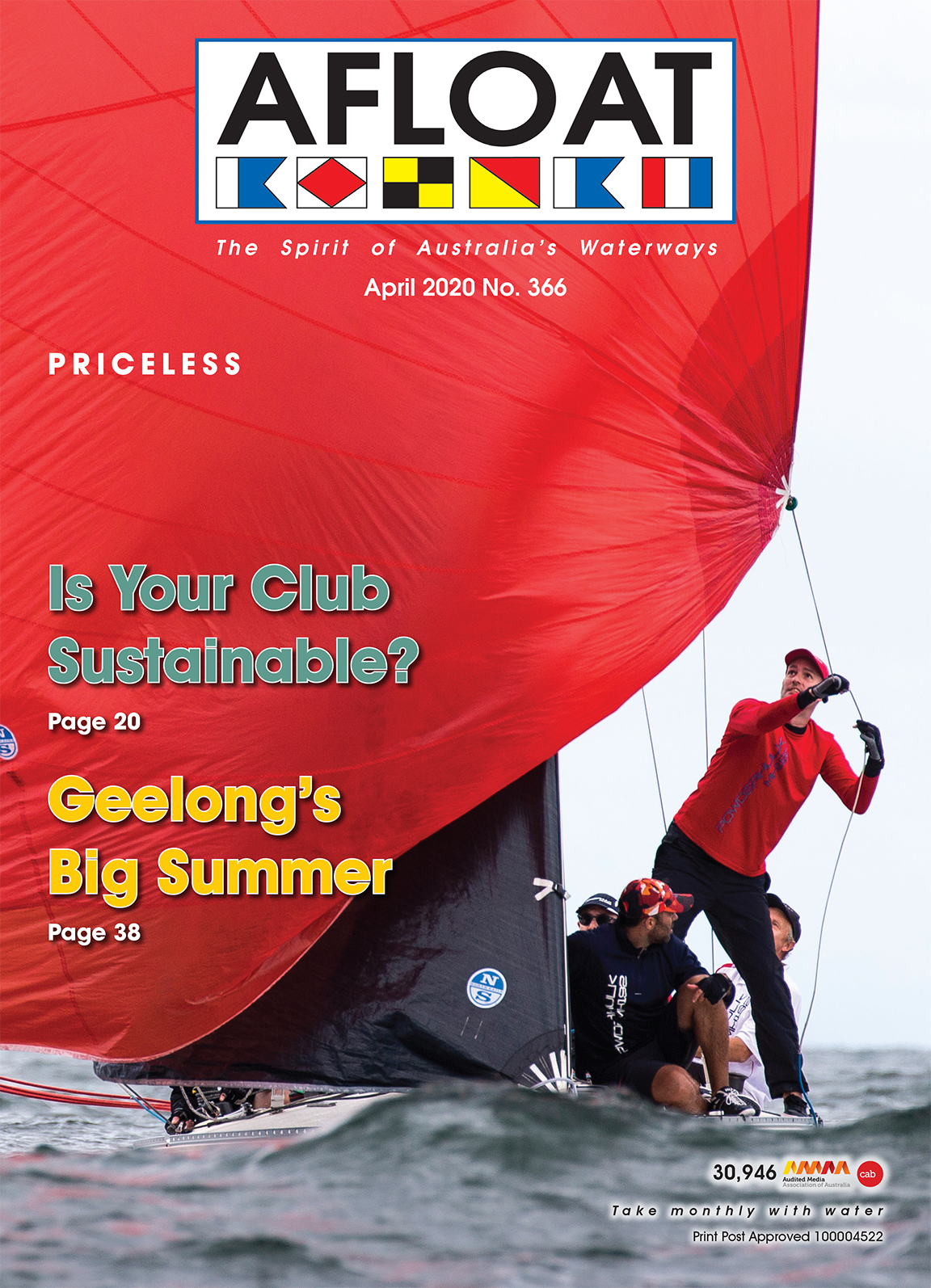Refresh on anchoring rules urged ahead of Australia Day


Boat operators are being encouraged to brush up on their knowledge of the boating rules following a number of close calls during blustery conditions on Sydney Harbour on New Year’s Eve.
NSW Maritime Executive Director, Mark Hutchings said with the Australia Day long weekend just around the corner, it is important for all boat operators to be aware of the rules governing safe anchoring.
“The Australia Day long weekend is one of the busiest times on NSW waters and we want to ensure everyone is prepared for their day on the water and knows the right things to do – particularly after some close calls on New Year’s Eve,” Mr Hutchings said.
“There were dozens of skippers who were caught off guard and ill-prepared when a southerly blew through around 6pm after a day of heatwave conditions.
“It was blowing a good 30 knots and anchored boats in bays, particularly those on the northern side of the harbour around Taronga Zoo, were swinging into each other because their skippers hadn’t anchored their boats appropriately.
“NSW Maritime and Water Police were called out to assist a number of boats but thankfully there was only minor damage to a handful of vessels.”
Mr Hutchings said there are a few golden rules related to anchoring etiquette.
“For a start, don’t anchor too close to other boats or in their swing radius. Respect the space needed and the 360-degree swinging room of boats already anchored,” Mr Hutchings said.
“Knowing how to correctly drop anchor is crucial and requires practice. You don’t just find a spot, drop anchor and shut your engine down. You need to reverse gently once the anchor bites the seabed and takes the weight of the boat.
“You also need to ensure you have the right size and type of anchor for the size of your vessel, as well as one that’s appropriate for the conditions.
“Leaving scope of five times the depth of the anchorage ensures that even if it gets windy, your boat won’t interfere with the swing radius of the boats around you. Always drop your hook behind the stern of a neighbouring boat rather than alongside it – this ensures each vessel swings in separate circles.
“It is also very important to make sure you have a Plan B in case you lose your anchor.
“At the end of the day, boating etiquette is pretty simple: be a considerate skipper and neighbour, and use common sense.”
For more information about anchoring and other boating rules, visit the Boating Handbook www.rms.nsw.gov.au/documents/maritime/licence/boating-handbook.pdf

